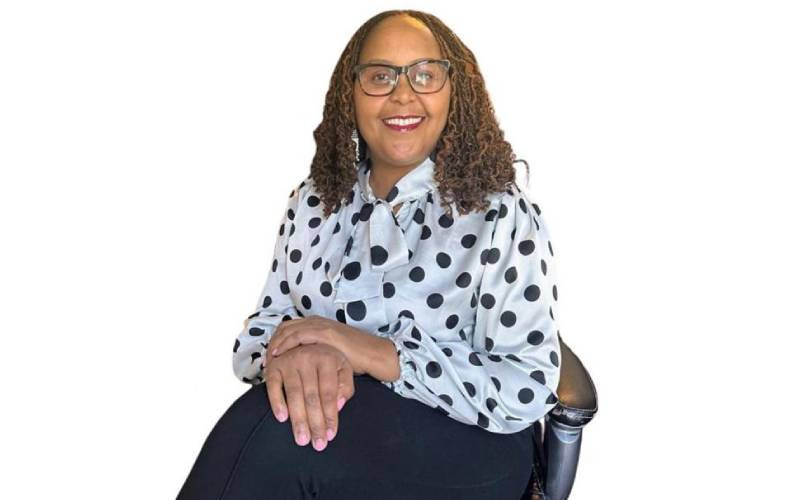×
The Standard e-Paper
Kenya’s Boldest Voice

Serah Munyiri immigrated to America to further her studies in 1999. To make ends meet, she engaged in several hustles that also assisted her to educate her younger siblings back home.
After graduating with an economics and business management degree, she worked as a financial analyst before settling in the world of consulting and marketing. Through Jambo List, the business marketing company she co-founded with two other partners, Munyiri aims to promote and market goods and services to Kenyans in America.